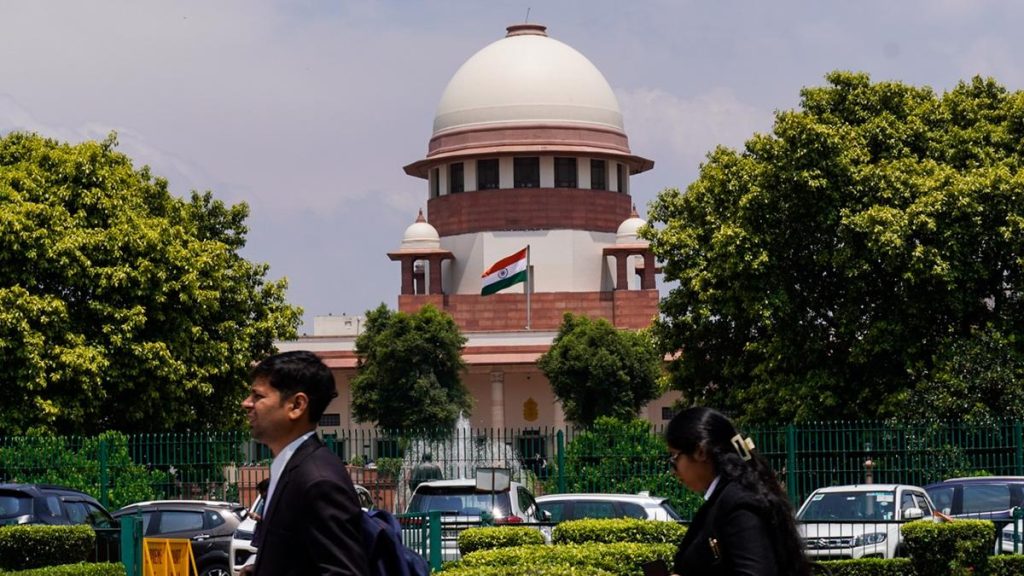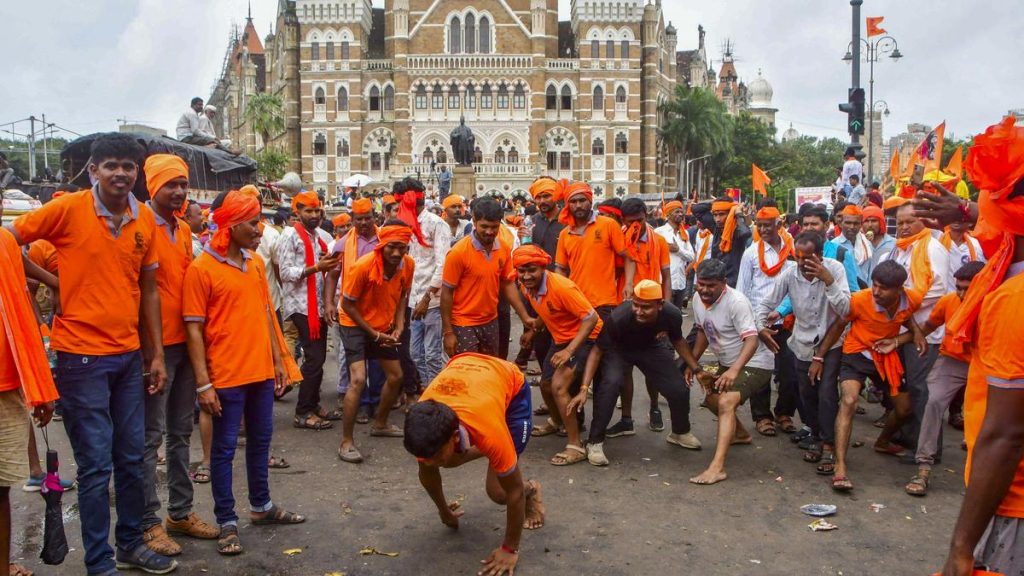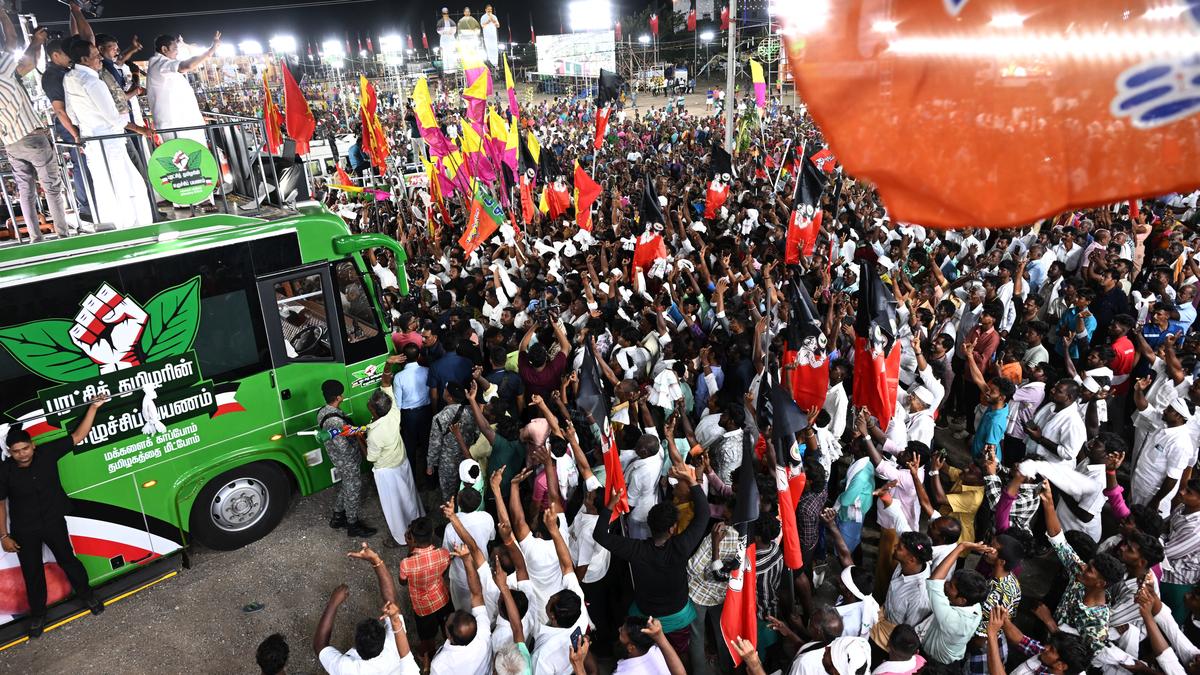Now Reading: Forensic Experts Fill Gaps at Primary Health Centres Amid Vacancies in Government Hospitals
-
01
Forensic Experts Fill Gaps at Primary Health Centres Amid Vacancies in Government Hospitals
Forensic Experts Fill Gaps at Primary Health Centres Amid Vacancies in Government Hospitals

Quick Summary
- Eight forensic medicine doctors in Tamil Nadu are working at primary health centres (PHCs) treating general ailments rather of performing medico-legal duties for which they were trained.
- Over 70 posts of assistant professors and senior residents in forensic medicine departments remain vacant across government medical colleges.
- The lack of a dedicated entry route for specialists into the Tamil Nadu medical service has resulted in these MD-qualified professionals being recruited as general assistant surgeons through the Medical Services Recruitment Board (MRB).
- Forensic medicine doctors have been trained to handle medico-legal cases, autopsies, age estimation, and sexual offense examinations and to serve as expert witnesses, but are currently handling tasks such as treating fevers and conducting school screenings.
- Earlier mechanisms for accommodating Non-Service Postgraduates (NSPGs) into specialized roles have been discontinued. A special MRB exam for specialists no longer exists.
- While other specialists like obstetrician-gynaecologists and paediatricians recruited under similar conditions were transferred to appropriate postings at government hospitals recently, forensic doctors’ demands to be posted to medical colleges remain unaddressed.
- Even after additional recruitments planned in October 2025, many vacancies will still persist.
- Health officials confirmed that batch-wise lists are being reviewed and pledged to address the staffing disparity.
Indian Opinion Analysis
The current situation underlines a critical mismatch between trained expertise in forensic medicine and actual postings within Tamil Nadu’s healthcare system. The placement of skilled forensic professionals at PHCs-where their specialized training is underutilized-points toward systemic inefficiencies caused by outdated recruitment policies. Wiht over 70 key positions unfilled amid high vacancy rates at government medical colleges, there appears to be an operational gap hindering optimal utilization of human resources.
The abolition of both the specialist-focused MRB exam and pathways enabling NSPGs absorption has compounded this issue. This misalignment not only limits career opportunities for highly trained professionals but also risks undermining the functionality of medico-legal services crucial for law enforcement, public health investigations, and justice systems.
Proposed counseling processes must ensure balanced workforce deployment while addressing this backlog systematically. By prioritizing agility within recruitment frameworks alongside adequate planning for incoming doctors’ placements post-training cycles in october 2025, strained departments like forensic medicine may regain functionality without disrupting broader healthcare service delivery priorities.
For further details: Read more

























